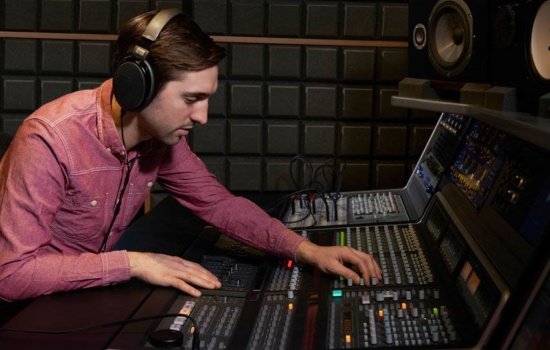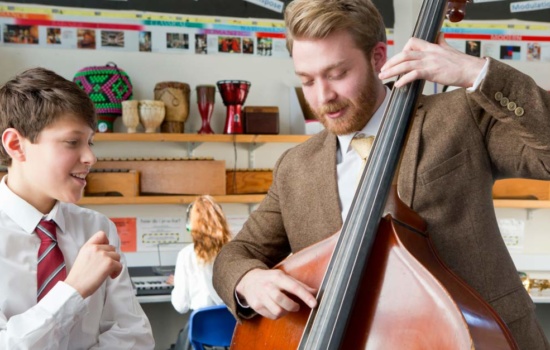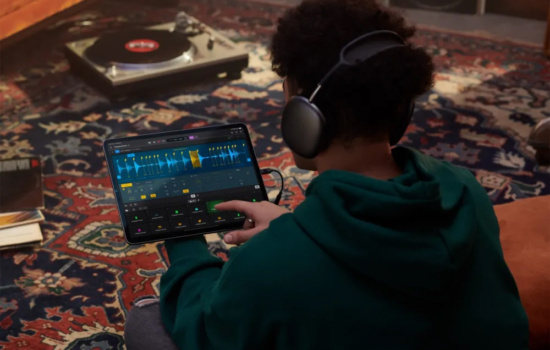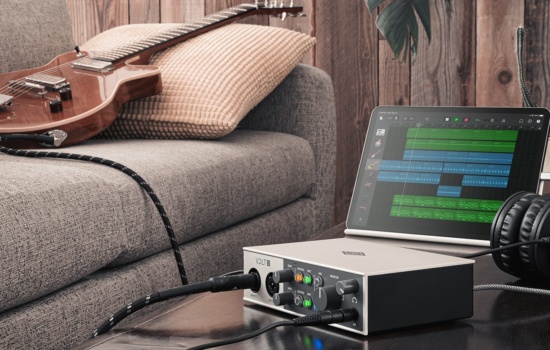The relationships I built are far and away the most important thing I received from school. In my mind, the primary purpose of your time in school is to meet dedicated, smart people who share your interests and aspirations. In music, these people will become your future band mates, business partners, colleagues, and clients. They’ll be your mentors, advisors, and friends. If you’re willing to put in the time, there is nothing that compares to a good university for building your network.
Where else can you meet a dense group of high caliber musicians who want to meet you also? Or have access to dozens of professionals with decades of music industry experience?
Music is an industry of connections. Those with a strong network receive opportunities before anyone else. Those with no network get the scraps. A good music school can be the perfect shortcut to a strong network.
It’s not just about meeting other students in class, or talking with professors. A good school, like USC, will provide plenty of access to mixers, industry events, ensembles, and clubs. They’ll help you meet people outside the university as well as within it.
One of my favorite examples comes from USC’s weekly Popular Music Forum. Famous musicians and industry professionals from Adam Blackstone to Chaka Khan to Randy Jackson come to campus and share their knowledge with students. But more importantly, these otherwise inaccessible music industry giants will listen to student performances, hang around to talk after class, and will provide unique gigs and opportunities for students. Outside of a major university, opportunities like these rarely exist.


























